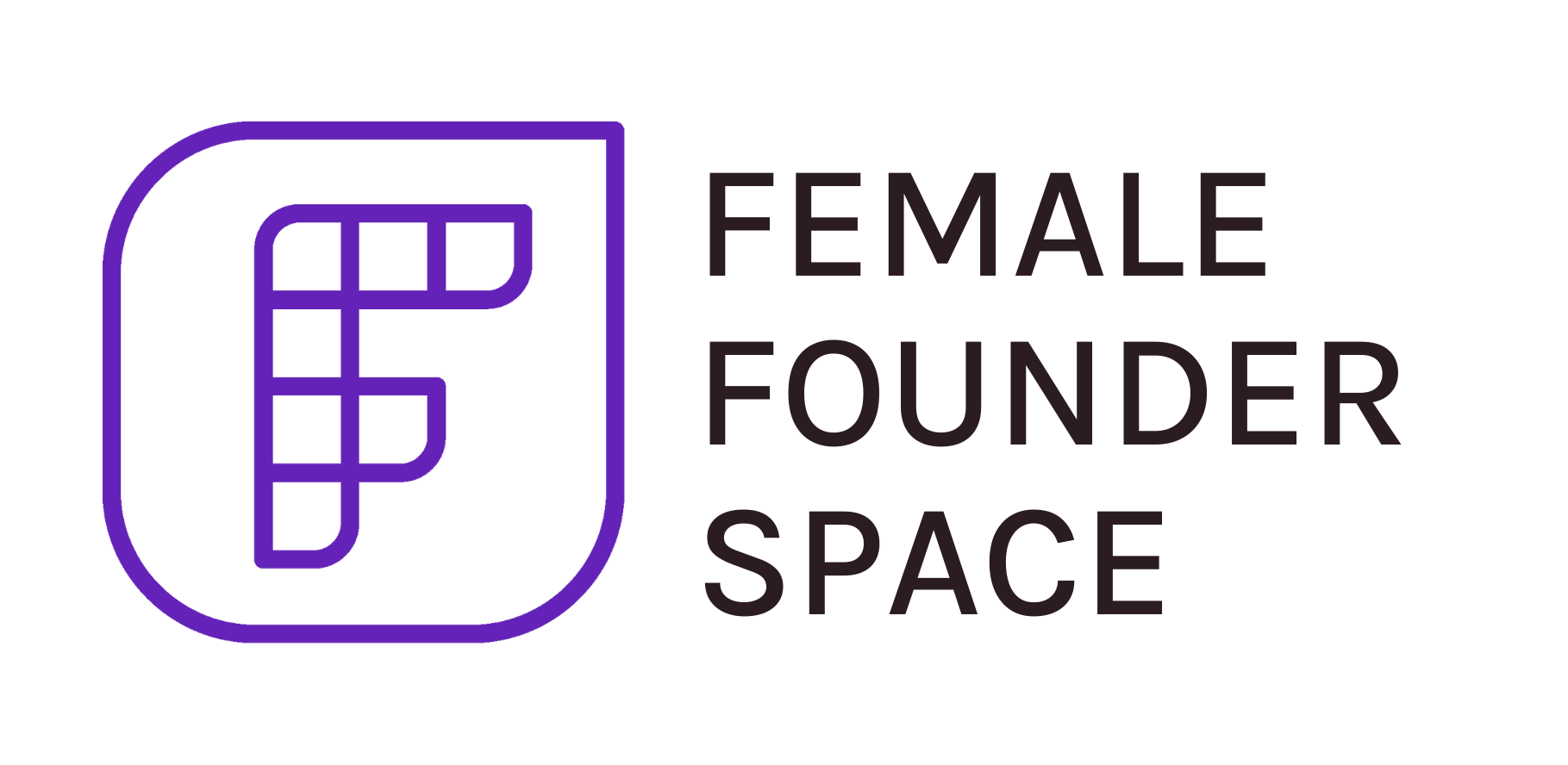Master Key-Coaching Skills
Transcript
The key coaching skill for me is being, on the one hand, being on the same high level [as] with the client. Which means that I’m not [an] the expert for my client’s life. It’s the client him/ herself.
So, therefore, it’s important to actively listen to the client, gathering information and afterwards filtering and clarifying it for the client. So as an active listener, I’m always neutral, non-judgmental and also engaged.
I want to mention some different skills in this case, which are important for me. So the first one is paraphrasing. So it really means that I’m using similar words as the client when I’m repeating their story or for example, their challenges and then, on the other hand, summarizing so it really means that I’m summarizing the main message of my client in my own words.
So I’m using, for example, short sentences, and that makes sure for the client that I really understood what he or she said and that I keep the focus on what’s important and I think also important is that the looking and observing.
So that means that I’m really taking care of the gestures the client, for example, is using, that I am looking for the emotions and that I can read between the lines and the other hand, which is also very, very important, is asking powerful questions.
I think is the most important thing and you really learn this in the coaching class or like in school for coaches. So the right question help[s] my clients to get clear on their own goals as well as to find answers and solutions for the problems or challenges.
So knowing the right types of questions and asking them at the right time is for me really the key for [the] successful coaching process and for becoming a really good coach.
I think it’s very important to show who you really are.
So it’s important that you show like your own maybe sometimes fears you had in the past and how you survived it and how you, for example, worked on challenges as well. I think it’s important to feel safe next to you and they also need to relate to you and trust you, and of course, everything should be in a professional context.
So I think it’s helpful if you share who you are and it also means, for example, that I walk my talk, that I’m not maybe giving nice tips or advice, for example, and then completely handling my life differently.
I’m also working on myself and the self-development process is never over.
And I think also important is to see the best in my clients. So really it helps them to find that inner strengths and believe in themselves also, and one very important thing is to hold space for the clients.
And maybe the last thing is [to] take also care of yourself. because you can also only share your energy and your knowledge if you stay in your own energy and take care of yourself as well.
I’ve worked on specific short questionnaires which my clients get after each session so that they can reflect their own results for the session.
On the other hand, if they have questions for me or if there’s anything they didn’t understand or where they have like [the] following questions. They always can share it with me and send to me after the session and a I think it’s also important is to have like regular check-ins in the sessions, how they feel with the process and if they have feedback for me.
And of course, in the end, if they want they can share their answers with me what they like, what they didn’t like, what they would suggest, maybe what I could change or develop in the future. So I’m very interested to grow as well with my clients.
